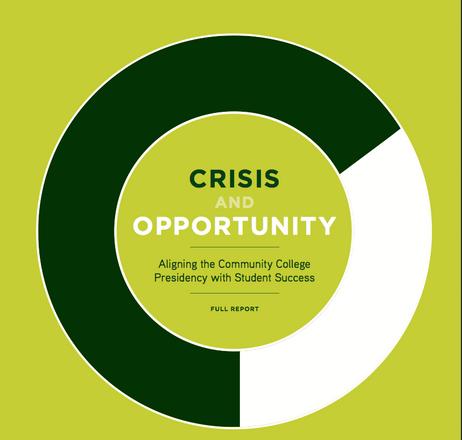At a time when more focus is on community colleges as a viable and cost-effective option in higher education, leadership at these schools appears to be in crisis. According to a recent report from the Aspen Institute and Achieving the Dream, a large percentage of community college presidents are slated for retirement over the next five years. Even more concerning is the fact that few appear poised to take over the helms of these institutions, leaving some to wonder where the direction of the community college system is headed.
The new report, titled, “Crisis and Opportunity: Aligning the Community College Presidency with Student Success,” was released at a National Forum in Washington D.C. in June. The report details the challenges facing community colleges in the upcoming years as they work to keep their key leadership positions filled with qualified candidates. The report identifies some of the specific problems that could contribute to a presidential shortage of community college presidents nationwide. It also provides recommendations that community colleges can follow to ensure their leadership does not suffer from the loss of a large number of current presidents in the next few years.
This lengthy video from the Aspen Institute describes the report in detail.
Primary Concerns Over the Coming Leadership Shortage
According to a recent report at Inside Higher Ed, more than 40 percent of the current community college presidents may retire





















